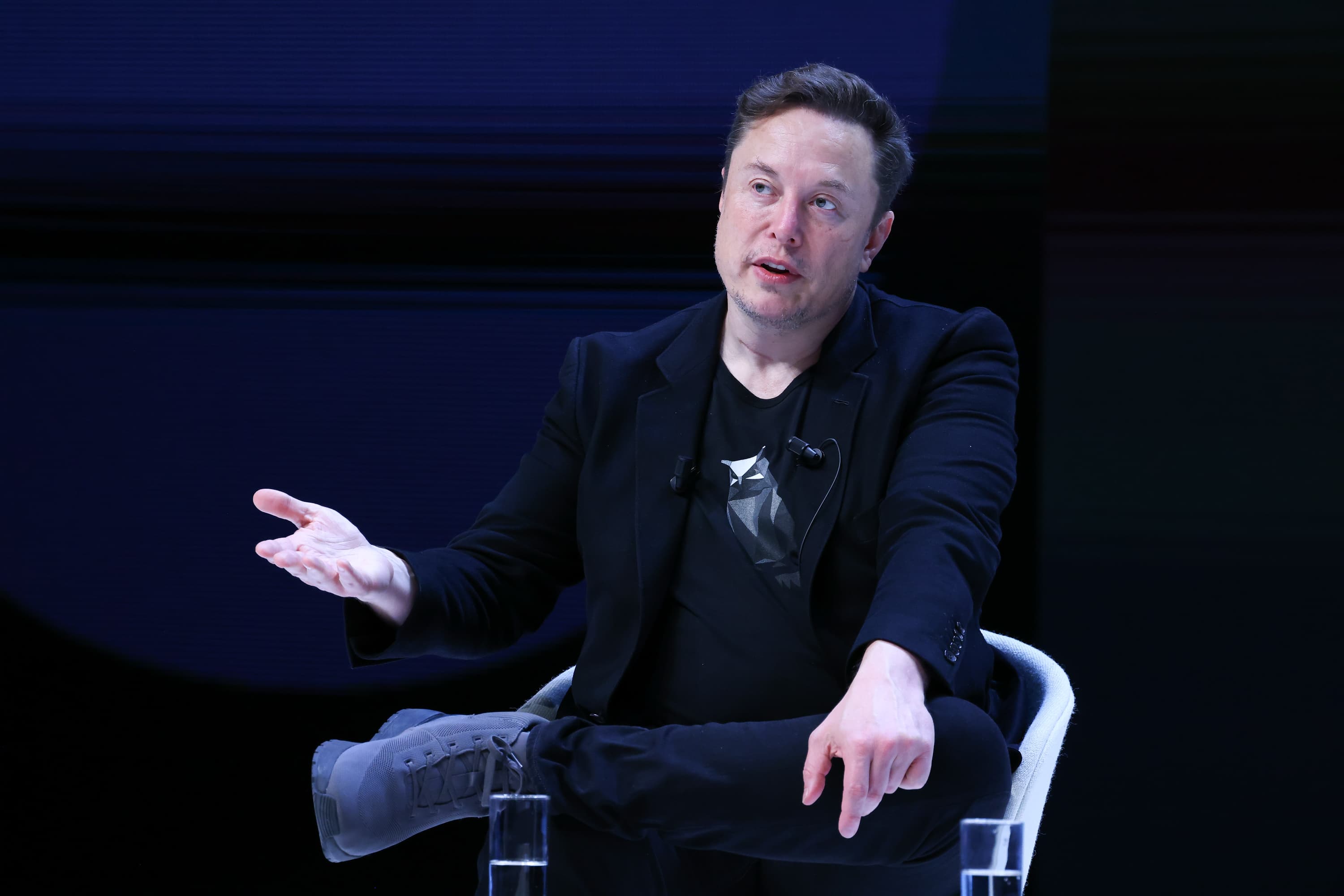Tesla Shareholders Face Crucial Decision on Funding for Elon Musk's xAI Venture Future

Elon Musk’s Bold Move: Tesla Shareholders to Decide xAI Funding Future
The Unfolding Strategy Behind xAI’s Financial Path
Elon Musk is steering his artificial intelligence venture, xAI, into a transformative chapter by seeking a green light from Tesla shareholders on corporate funding for the startup. In a recent announcement, Musk clarified that the call to channel resources from Tesla to xAI is not his alone; both the board and shareholders will determine the final outcome. This notable approach underscores Musk’s commitment to transparency and governance, especially given his pivotal positions across several frontier technology enterprises.
xAI, established as an innovative force in the AI sector, is developing the Grok chatbot, a conversational platform anticipated to impact both consumer and industrial markets. The company already draws upon strategic relationships within Musk’s business ecosystem, known informally as the "Muskonomy." This interconnectedness has previously enabled xAI to pitch its vision and expand its resource base across Musk’s business portfolio. With Musk’s explicit statement that he would have already secured Tesla’s backing for xAI if the decision rested solely with him, the move to involve shareholders signals an effort to align corporate governance with the ambitions of next-generation artificial intelligence advancements.
SpaceX Sets the Precedent with Major Investment
As the discussion over Tesla’s role in xAI’s trajectory unfolds, it is significant that SpaceX, another enterprise under Musk’s direction, has already committed $2 billion to support xAI’s ambitions. This substantial capital infusion signals both confidence and urgency in scaling the infrastructure and research capabilities necessary for Grok and related technologies. The intersection of capital, talent, and technical expertise positions xAI at the forefront of AI innovation while also highlighting the multi-company orchestration that typifies Musk’s approach to technological disruption.
The investment from SpaceX is more than a financial maneuver; it reflects a broader vision of synergy across Musk-led enterprises. Each entity within this framework brings unique assets—be it Tesla’s prowess in energy storage and autonomous systems or SpaceX’s experience with high-performance computation and logistics. This orchestration points toward a future where advanced AI becomes an integral layer atop hardware and infrastructure built by sister companies.
xAI and Tesla: Exploring New Forms of Synergy
Beyond potential direct funding, the collaboration between xAI and Tesla is poised to deepen through operational integration. xAI is expected to purchase Tesla’s stationary energy-storage systems, signaling a practical and strategic partnership. These systems, which leverage advanced battery technology, could power data centers or research labs crucial for AI development, thereby turning Tesla into both a supplier and, pending shareholder approval, a backer.
This transactional relationship is indicative of a new era where the boundaries between subsidiaries and sister companies blur in pursuit of technological leadership. Should the shareholders approve the proposed investment, it would reinforce the notion that ecosystem-wide collaboration is essential for pioneering complex, capital-intensive products in artificial intelligence. The anticipated inclusion of Grok within Tesla vehicles further demonstrates the potential for technology cross-pollination, foreshadowing vehicles that could offer more advanced, responsive user experiences powered by cutting-edge conversational AI.
Decision-Making at the Crossroads of Technology and Governance
Musk’s insistence that shareholders hold the deciding vote on Tesla’s participation in xAI funding is a notable moment for corporate governance in the tech sector. It illustrates an evolving understanding of the responsibilities leaders have when overseeing interconnected, high-stakes ventures whose innovations could redefine their respective industries. By placing the ultimate authority in the hands of shareholders and the board, Musk reaffirms the need for rigorous oversight and strategic alignment within publicly traded companies.
As Tesla investors prepare to weigh in, their decision will resonate beyond a single company or investment. It represents a pivotal choice about how established technology leaders participate in, and potentially accelerate, the next wave of artificial intelligence research and application. The outcome could set a precedent for other technology conglomerates navigating similar opportunities and challenges in an era where innovation, governance, and stakeholder engagement are more intertwined than ever.
